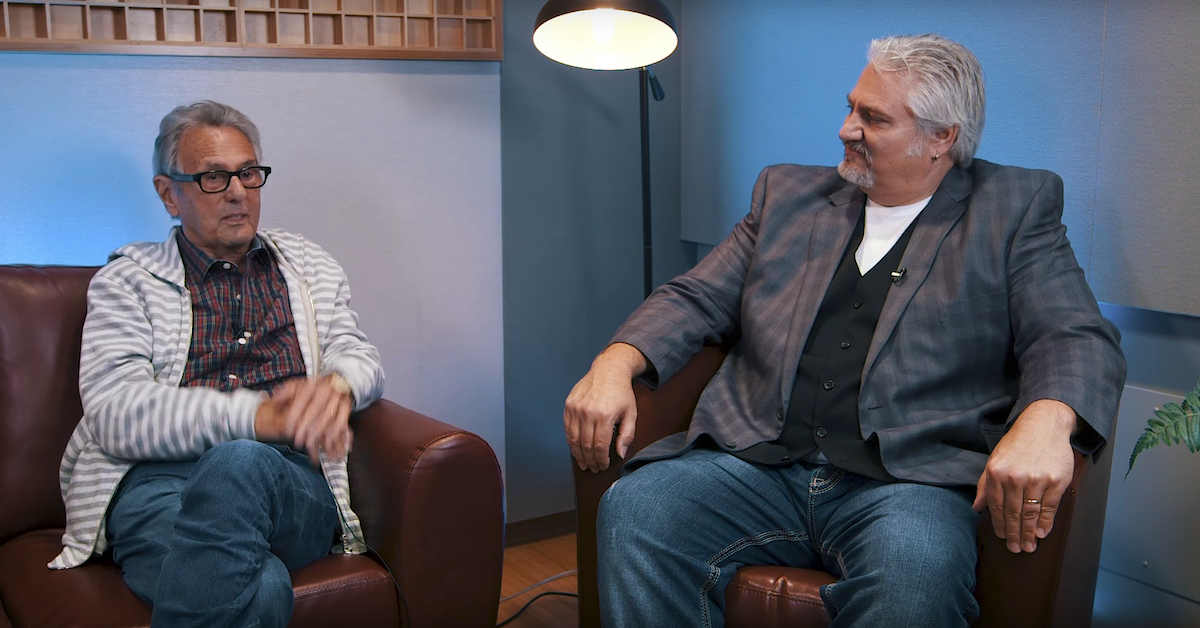Being a Great Producer/Engineer on a Budget
Article Content
Make Do With What You Have
I am not what you would call “well-to-do” or “affluent,” probably because I lack what you would call “traditional work ethic.” However, I do work very hard at my passion, and that is music production and engineering. I locked onto recording as a career path many years ago and haven’t looked back. It may not be what you would call “cost-effective,” but I live to do it and that’s what matters. As the old saying goes, “find a job you love and you’ll never work a day in your life” – though you may be forced to live in what you would call “abject poverty.”
Even with all the strides made toward affordable gear, pro audio is still an expensive hobby/vice/lifestyle. Not all of us can just go out and pick up a Blue Woodpecker Ribbon Microphone or a Mojave Audio MA-200 Tube Condenser Microphone like it ain’t no thing. Sure, you can go to your local music instrument retailer and get a “complete recording package” for a few hundred bucks, but think about how that stuff got from the factory to you: what are you really getting? Shoddy workmanship? Planned obsolescence? Who can really say? At the end of the day, it seems that if you want to avoid amateurish recordings, you have to drop some serious dough… OR DO YOU?!
Get Started & Get Better
It certainly doesn’t hurt to “go big or go home.” If you can afford to spend more on a better product, 9 times out of 10 you’ll be glad you didn’t compromise on quality to benefit your budget. On the other hand, middle-of-the-road gear never hurt anyone, and are oftentimes the easiest way to get started and, more importantly, get better.
If you’re anything like me, you’re essentially unemployed and you live with your parents, doing odd jobs until you can afford that next pricey piece of gear. Don’t be so glum! This means you can use your spare time to get really familiar with your existing arsenal of recording gear:
- Hold shootouts between mics, preamps, outboard gear, instruments and whatever
- Listen critically to EVERYTHING: frequency response, off-axis rejection, self-noise, etc.
- Try out new and zany mic techniques; take note of how they compare to the tried-and-true.
- Use different plug-ins or different settings on your preferred/only plug-ins.
- Record the same source the same way in different rooms (or different parts of the same room).
There are endless ways to make the most of your means, and you’ll be amazed at the sonic versatility you’ll find. Never be afraid to experiment and scratch beneath the surface. [Insert clichéd iceberg analogy here.]
Consider Your Source
Instead of thoughtlessly trying to improve your recordings with better transducers, consider your source. If you put any number of high-end mics on a Marshall MG, you’re going to get an awesome recording of a terrible amp. In other words, a terrible recording.
- Learn how to tune drums – check out the “drum tuning bible” for hints.
- Make sure guitars and basses are professionally set up and restrung.
- Have your piano tuned.
- Cables making noise? Replace them (or fix them, if you’re so inclined).
This should all be common sense anyway. “Garbage in, garbage out;” “you can’t polish a turd;” etc.
The other benefit to being functionally broke is that you can focus on coaxing a better/more authentic performance out of your artist (even if the artist is yourself). Whether you have a closet full of U87s or some Behringer rack gear (shudder), don’t think about the limitations. Work hands on with artists: be the diplomat between their ideas and their talents. This is where it kind of helps to be a musician, so I won’t go into too much detail, but the point is that a great recording begins with a great performance. You think people listen to the Misfits for the sonic fidelity? No, they listen because Glenn Danzig killed a baby today and it doesn’t matter much to him as long as it’s dead.
“Cheap Gear”
Finally, emancipate yourself from the taboo of cheap gear. “Consumer-level” doesn’t mean you can’t get professional-level results if you know what you’re doing, and accordingly, there should be no stigma attached to it. The “Limited Edition” of Pro Tools is only as “limited” as you let it be. Abbey Road only had four tracks and The Beatles have sold 177 million records. Think of the possibilities of 32, 64, 128 tracks!
Sure, you’ll encounter the occasional “analog snob” on a message board, looking down his nose at you for not slicing yourself open while laboriously editing tape late into the night, like he did when he was a young engineer. Pay him no mind. “Haters gonna hate.” – Some rapper.
Most importantly, get off the Internet and get into the studio! Stop reading and start doing!






